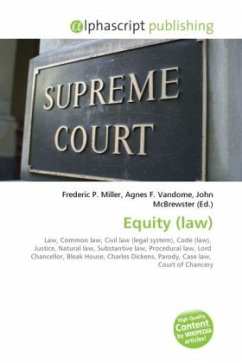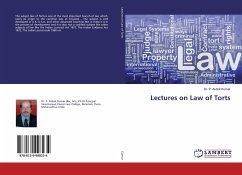Equity is the name given to the set of legal principles, in jurisdictions following the English common law tradition, which supplement strict rules of law where their application would operate harshly. In civil legal systems, broad "general clause" allow judges to have similar leeway in applying the code. Equity is commonly said to "mitigate the rigor of common law", allowing courts to use their discretion and apply justice in accordance with natural law. In practice, modern equity is limited by substantive and procedural rules, and English and Australian legal writers tend to focus on technical aspects of equity. There are 12 "vague ethical statements" which guide the application of equity, and an additional five can be added. As noted below, a historical criticism of equity as it developed was that it had no fixed rules of its own, with the Lord Chancellor from time to time judging in the main according to his own conscience. As time went on the rules of equity did lose much oftheir flexibility, and from the 17th century onwards equity was rapidly consolidated into a system of precedents much like its common-law cousin.
Bitte wählen Sie Ihr Anliegen aus.
Rechnungen
Retourenschein anfordern
Bestellstatus
Storno








